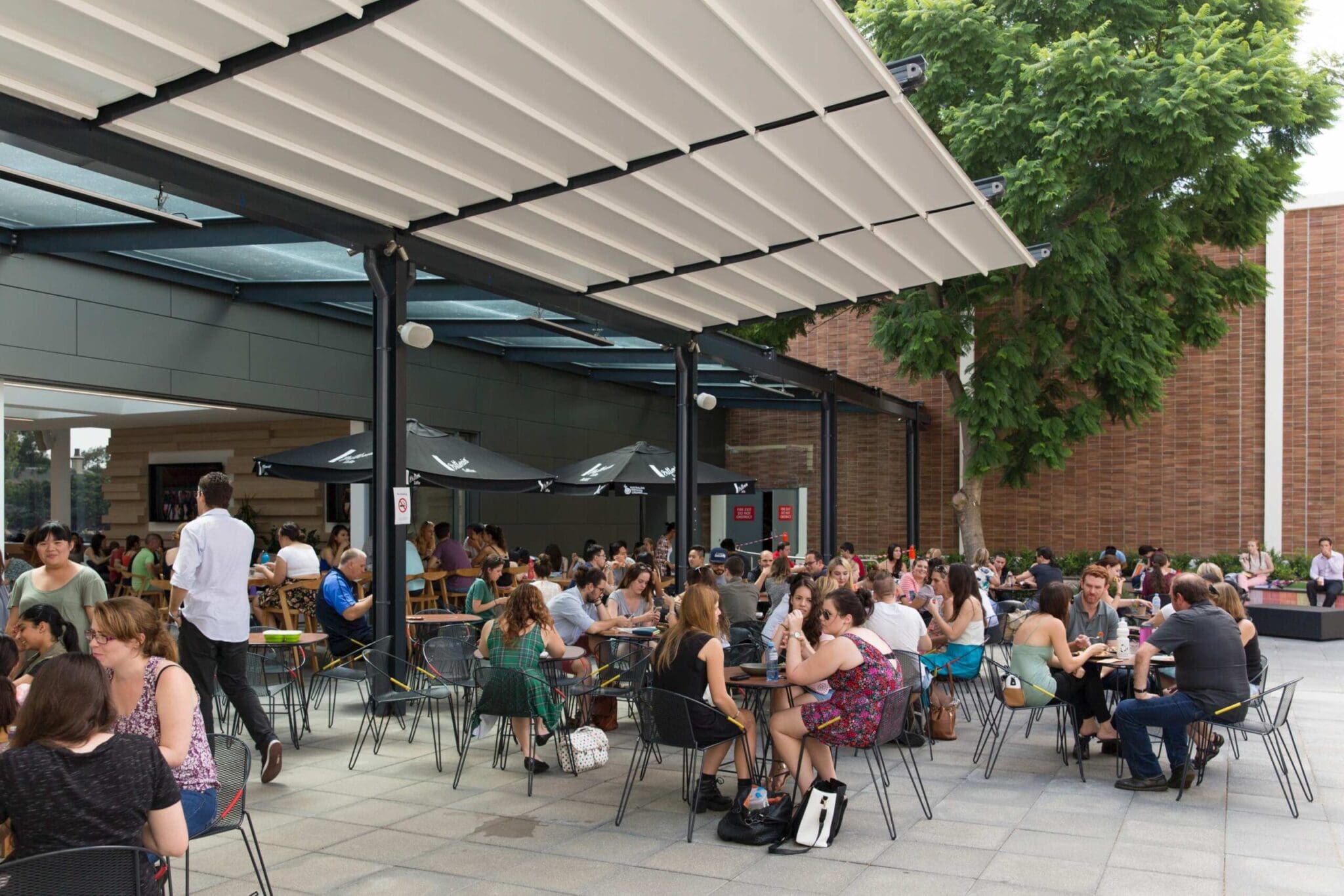I’ve tried to get off TikTok. I’ve tried to spend less time online, and more time outside “touching grass”. Though I wouldn’t say I am chronically online, I can acknowledge that the media I consume online constitutes a part of my being. I prioritise relatable lyrics in my music choices, save videos that convince me my oddities are normal, and have comfort movies that romanticise my life and offer a sense of escapism. This is what is great about the freedom and versatility of access to online media: I can empathise, connect, and imagine different lives that transcend my own immediate experiences.
However, I have noticed in myself and others a darker consequence of this digital dependence. I find myself supplementing other’s online experiences for my own; I have never truly been heartbroken, but I can feel as if I have after listening to certain songs. Media ticks a box of experience for me, and for so many young people, without me actually having experienced it — I feel things by proxy, and can then safely scroll onwards.
I understand why I do this. Considering that I spent the ages of sixteen to eighteen in intermittent and incessant lockdowns and social restrictions, I had to go online because I couldn’t go outside. I am not the only one — between 2020 and 2022, the screen time of young people rose by 52%. I’d watch movies about high school parties on a Friday night, not being able to go to any myself. I’d dance in my room to love songs despite not actually being in a relationship. In order to be a teenager, I had to rely upon others’ stories to explore these feelings.
Unfortunately, like any bad habit, this tendency has lingered beyond its initial stages. I feel that myself and my peers withdraw from in-person engagement on campus in favour of familiar, and often online, experiences. To enrol in clubs, to write articles for the paper or to attend a protest have become infrequent and rare adventures. Instead, I can get someone’s Instagram from a tutorial and say that I have made a friend. I can repost an infographic supporting staff strikes without attending them.
While I have attributed a large part of this phenomenon to the impacts of COVID-19 and a pervasive media culture, I feel that reliance on such an argument overtly and unfairly attributes the blame to the individual. I have a glass-half-full and inherently positive view of people, and I believe that if we were given the proper outlet to have these experiences, we would. I do not blame myself or others for feeling more comfortable online and struggling to put ourselves out there, when there are significant institutional obstacles preventing us from doing so.
I would argue, and lament, that the University is responsible for digitising (and obliterating) campus culture. It is difficult for me to forget that my first day as a student at the University was online, despite there being little social restrictions at the time. I had gotten dressed to go to campus to attend my first ever lecture, only to find out that the lecture location was not on campus, and instead in my bedroom. It is only now, in my fourth semester, that I have mandatory lecture attendance requiring me to be on campus. This is an experience shared by many of my fellow students. It is no wonder that so many of us have not yet fallen in love across a lecture hall, when we simply haven’t been in enough of them.
More broadly than University’s policy, though, the government’s lack of comprehensive and focused support for young people amidst the cost-of-living crisis has further exacerbated these ailments. Young people are at significantly increased risk of homelessness after the pandemic, and long-term economic insecurities only continue to worsen. When we speak of the casualisation of the workforce, with rates of underemployment of young people 7-10% higher than the general population, as well as declining rental affordability and inadequate rates of income support, we often forget about the consequences of this on human interaction: systematic inequality impedes and deprives the freedoms of young people. Gone are the days of house parties, small trips away with friends and post-work drinks, because we simply cannot afford it.
At the risk of sounding defeatist, I am sick of waiting and begging the institutions to make a change. I feel that for many of the social implications of this issue, we may need to take matters into our own hands. If the University insists on online lectures, contact your lecturer in person and have a meeting to discuss your assignment. Don’t post the infographic to your story — attend the protest and get involved. If I may be so bold, stop the “talking stage” and ask them on a date. You can still be dramatic and obsess over heartbreak music and rom-com set in New York, but now with the added benefit of knowing what it’s really like to be a fashion intern or experience a “meet-cute”.
In order to take things into our own hands, we have to put down our phones. We cannot afford to fix this with a one-handed approach, our attention drifting to our personalised TikTok feed. Get angry, fall in love, have a yelling argument, cry, and hug a friend. Don’t let the institutional encouragement of seclusion win.





